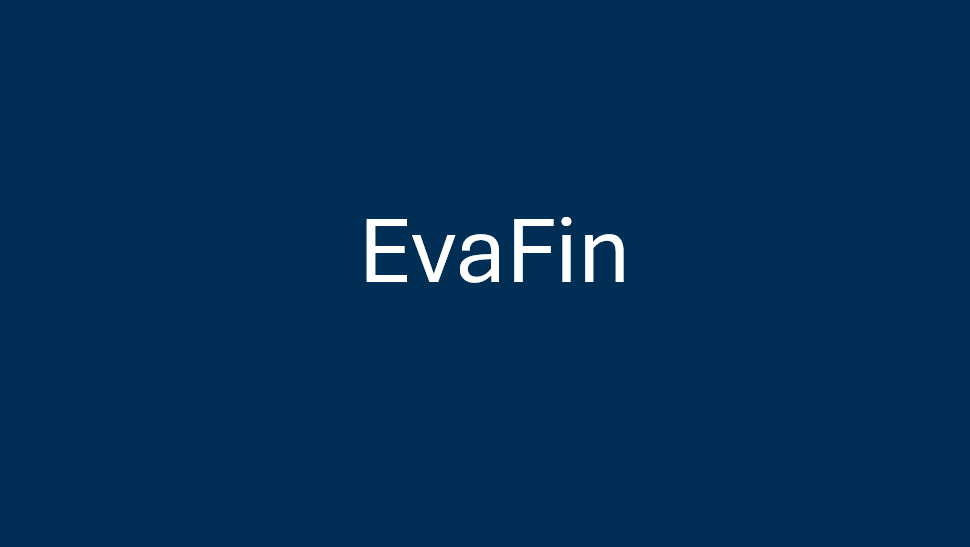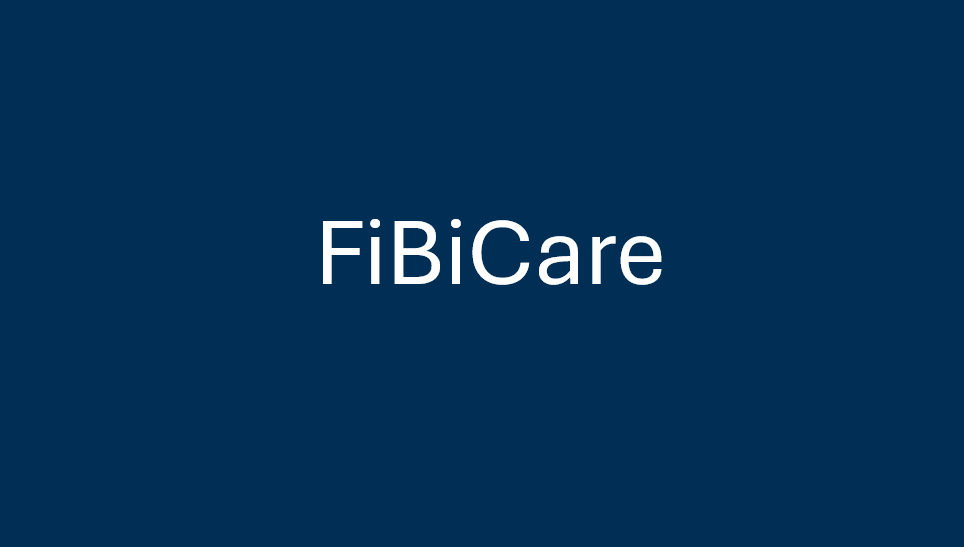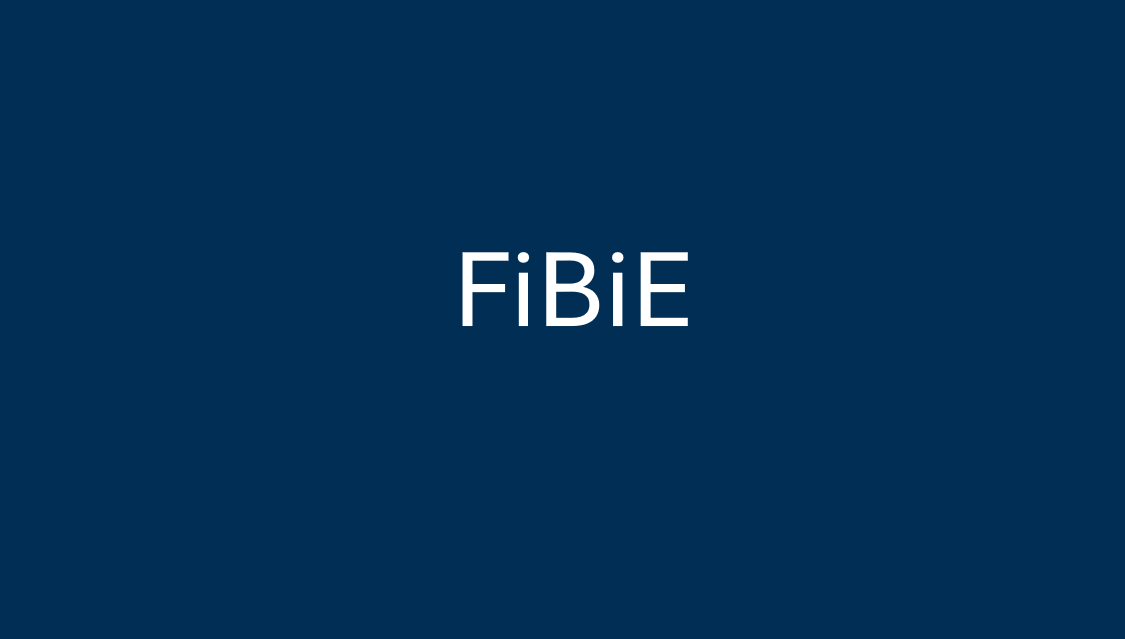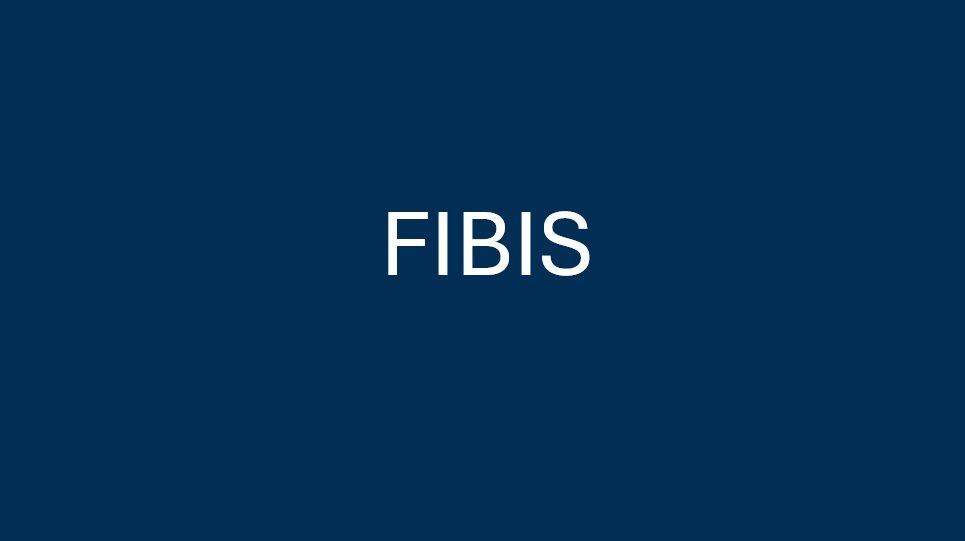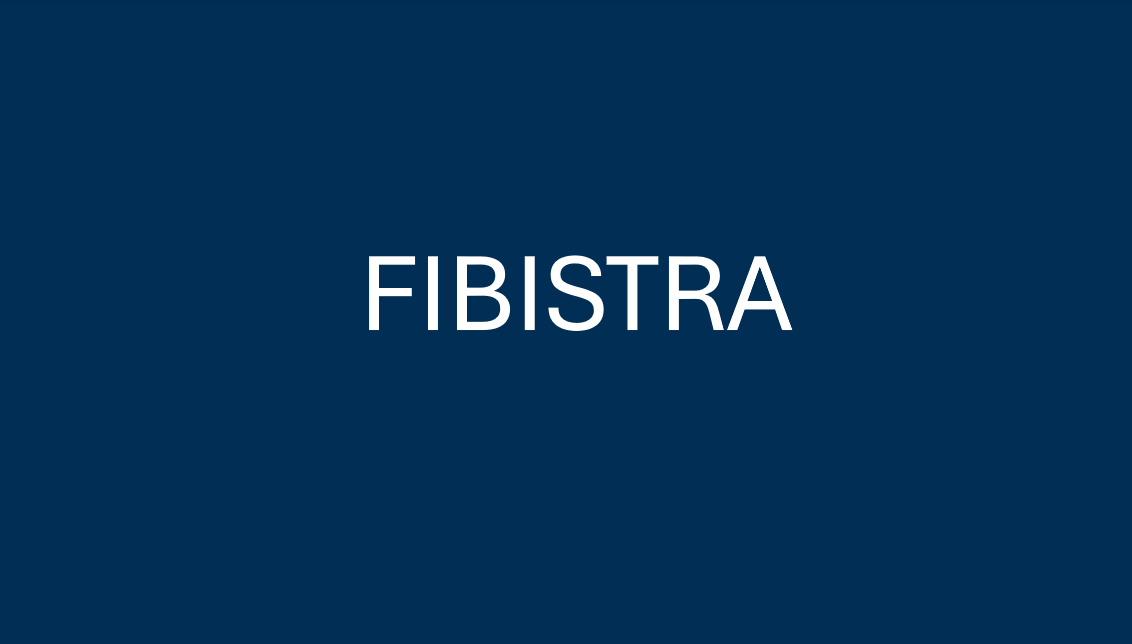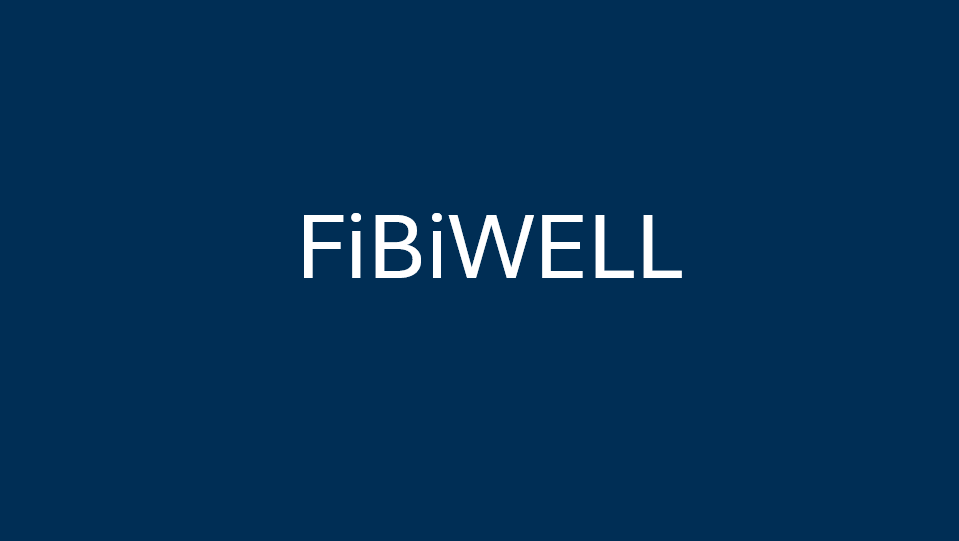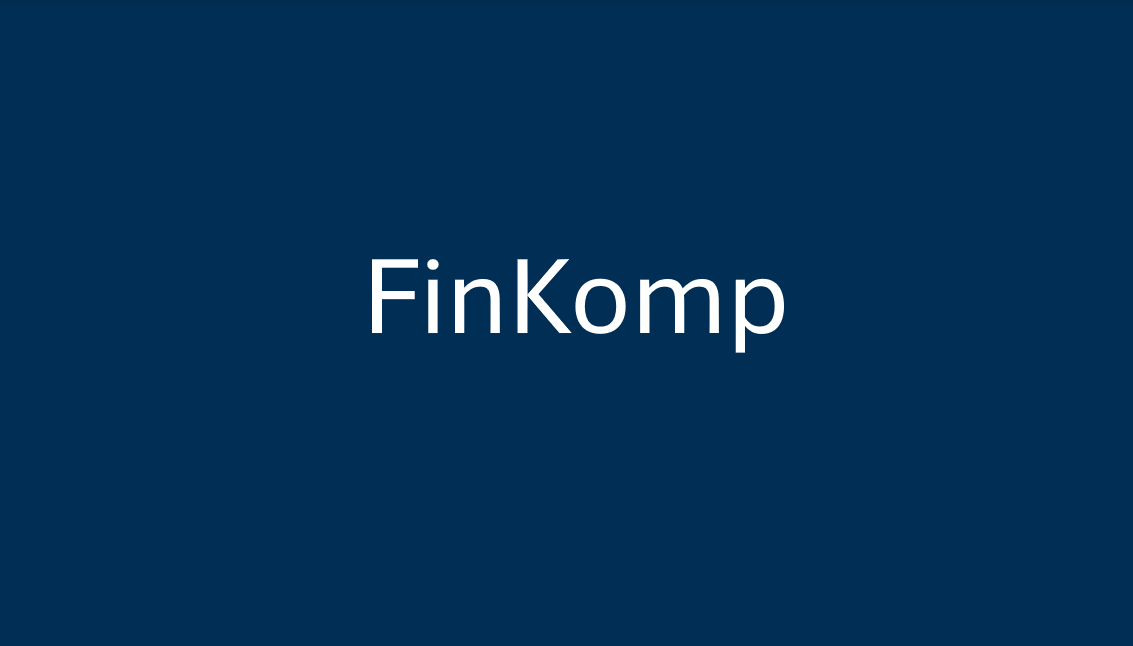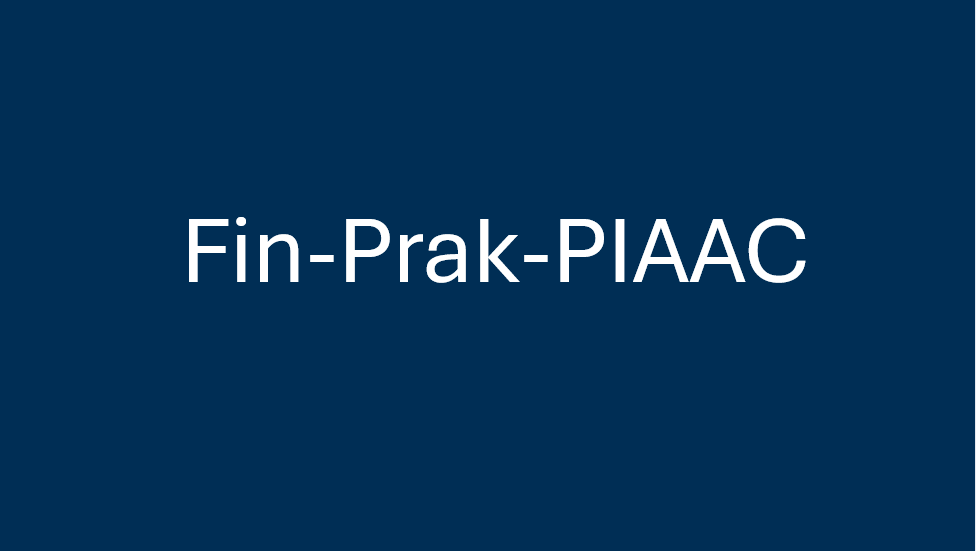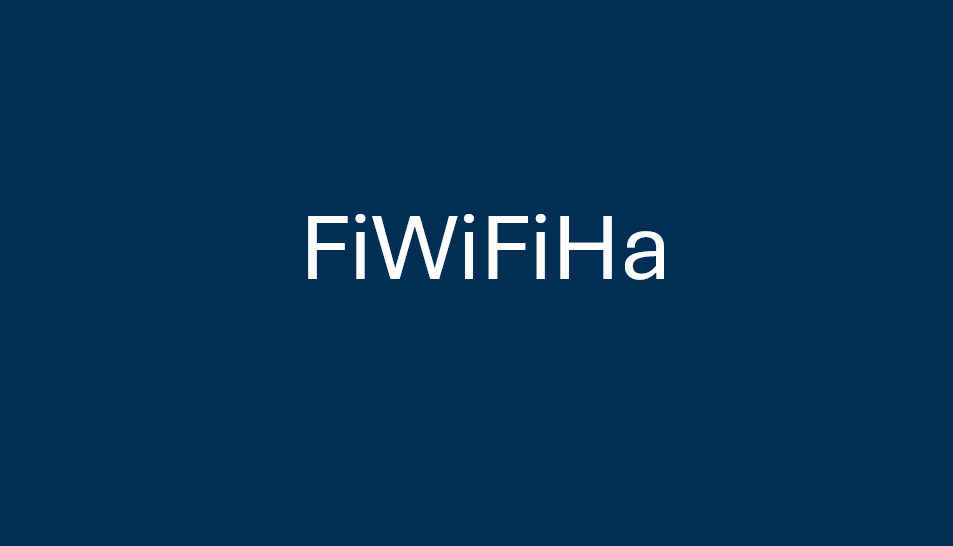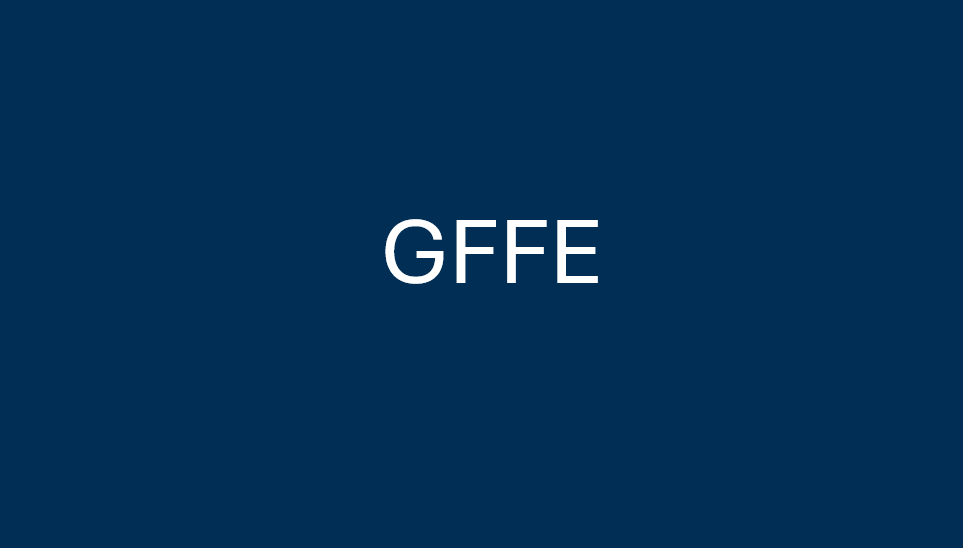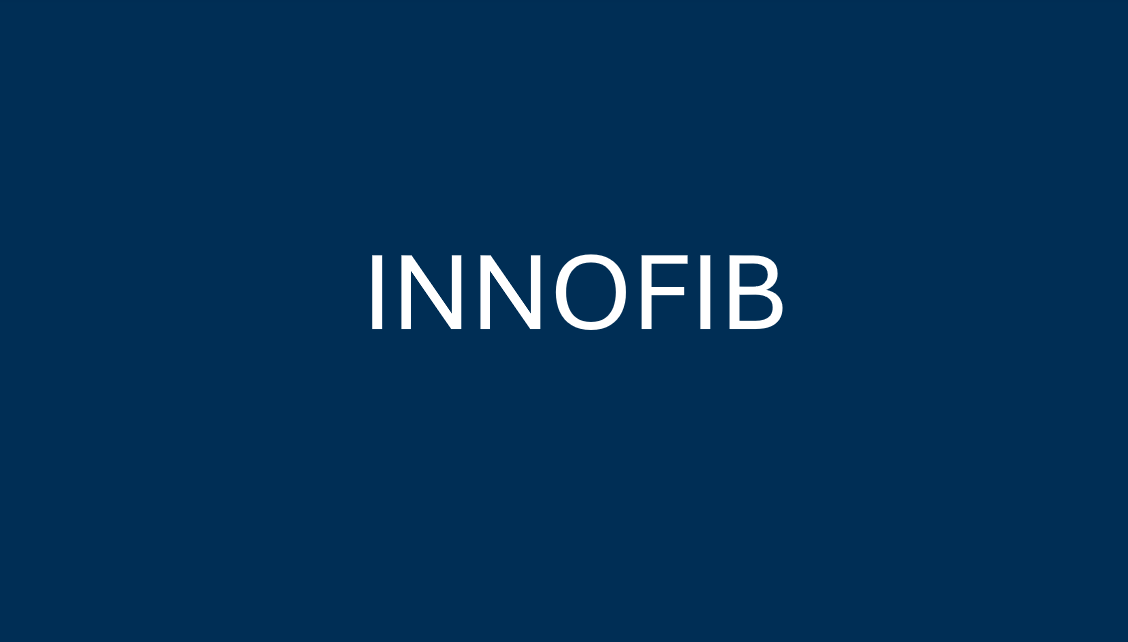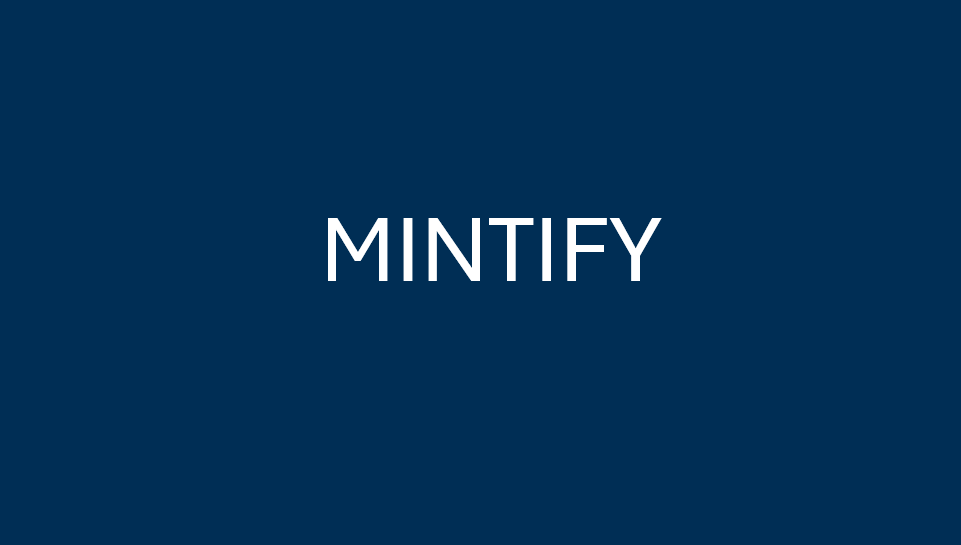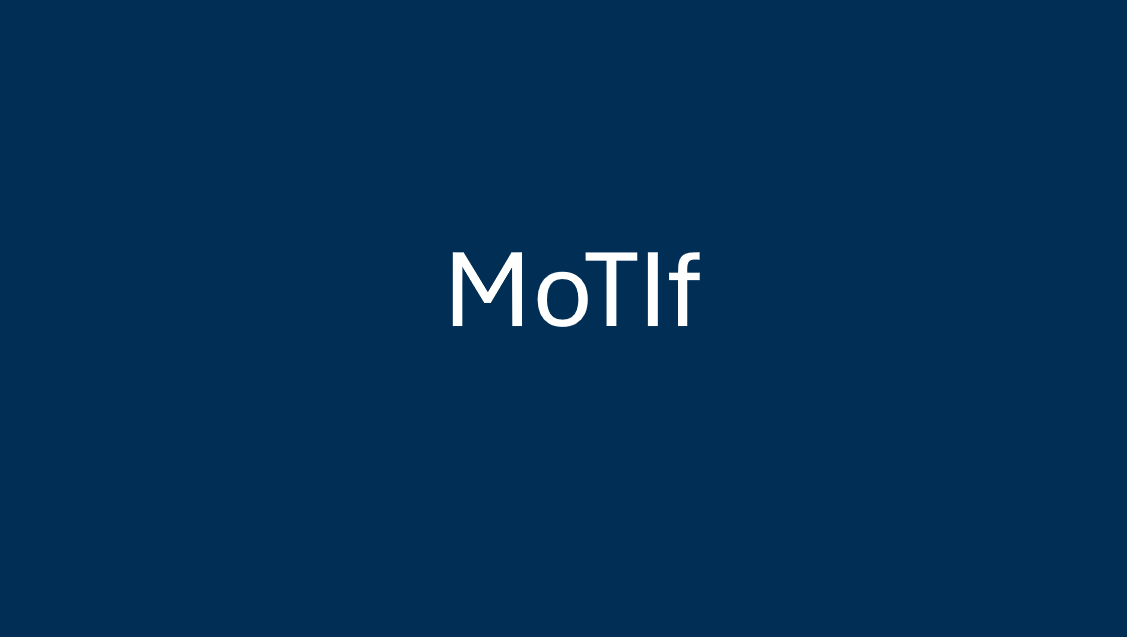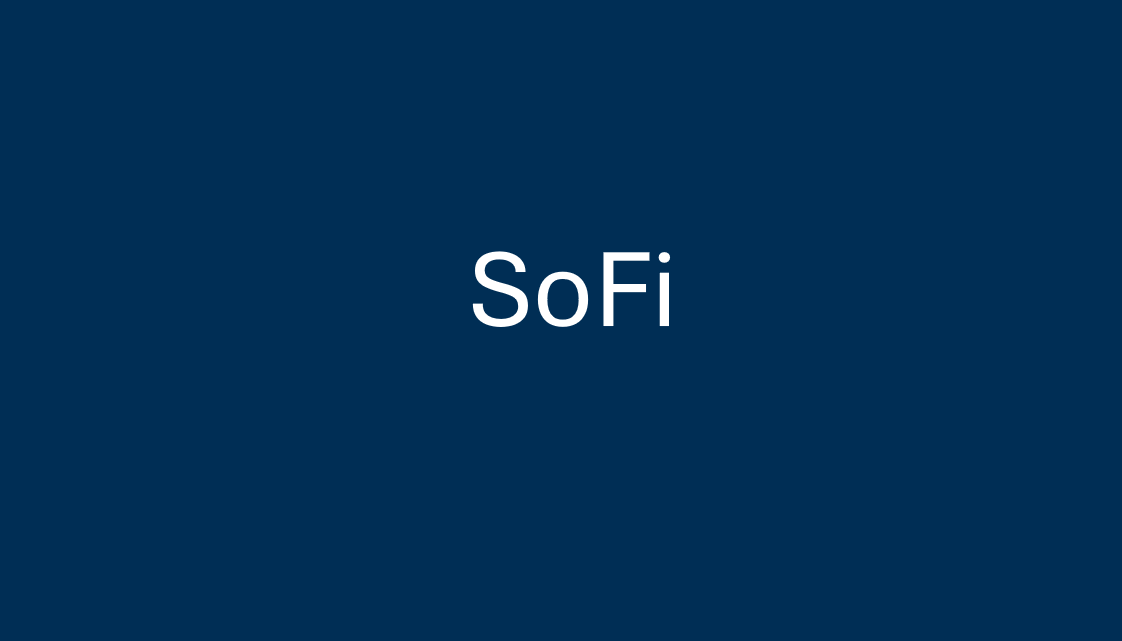The projects
Die Projekte der Förderrichtlinie Finanzielle Bildung
Evidence-based research for a didactic seminar concept for financial education
Entwicklung eines erweiterten Kompetenzmodells Fragebogenentwicklung zur Messung des Kompetenzzuwachses Konzeption des zweiphasigen Seminars Erhebung qualitativer Daten zur Verbesserung obiger Ziele.
Evaluation of financial education interventions across human life
The aim is to develop a theoretically and methodologically sound concept for the evaluation of financial education programmes. The concept is used for the evaluation of 12 financial education programmes.
Development and validation of a technology-based assessment for the diagnosis of action-oriented financial competence
The project is developing technology-based tools to measure and promote trainees' financial literacy by authentically modelling and validating complex problem situations
Financial education
for young adults
in precarious situations
Strengthening the financial education of young adults in precarious situations by processing the state of knowledge, participatory research to assess needs and developing and testing measures.
Financial education in adulthood
The qualitative panel study FiBiE pursues the question of how financial education develops as a continuous, biographical process in the life context of adults throughout their lives.
Financial education through finfluencers? Supporting specialised, reflective learning with explanatory videos
A teaching/learning programme is being developed for teachers to analyse pupils' comprehension difficulties and to use Finfluencer explanatory videos to teach critical financial education.
Finanzielle Grundbildung in vulnerablen Lebenslagen: Kompetenzentwicklung und pädagogische Vermittlung als Schlüssel ökonomischer Teilhabe
FIBI-LA researches basic financial education in vulnerable life situations (disability / over-indebtedness) in terms of skills development and pedagogical mediation.
Designing Financial Education
with
Language Sensitivity
The goal of FIBIS is the empirical collection and promotion of finance-related technical language skills and abilities that consumers need to make informed financial decisions.
Financial education in the context of the penal system
The FIBISTRA project aims to gain knowledge about the mechanisms of action and success factors of financial education as an element of resocialisation in the context of the penal system.
Evidence-based design of financial education: Effectiveness and...
The aim of FiBiWELL is the evidence-based development of tasks. It comprises: 1) effectiveness research, 2) development, testing and evaluation of materials and 3) further training for teachers.
Financial Literacy App – Bridging the Gap for Marginalized Adolescents
The result is a smartphone-compatible, language-reduced assessment. Assessment, which records the financial everyday skills of disadvantaged young people and also promotes learning through feedback.
Financial literacy and teacher professionalisation
The project investigates how financial education can be established in schools through evidence-based meta-analytical and didactic research with a focus on teacher professionalisation.
Financial literacy
in adult education
Erwachsener
Promotion of financial literacy with the questions: Which learning materials and methods support the target group? & consumer education necessary?
Biographical and network-related
influences on the development of...
Investigation of factors for the development of the financial competence of single mothers, acquired through biographical learning in social networks and the development of measures.
Educational game for the financial education of immigrants-differentiation-sensitive, multilingual, career-orientated
The aim is the participatory development of an educational game on financial education for new immigrants - designed to be sensitive to differences, multilingual and linked to career guidance.
Finanzkompetenz-Monitor
The Financial Literacy Monitor (FinKomp) project creates the basis for continuous monitoring of the financial literacy of the adult population in Germany across all stages of life
Financial
everyday practices
of adults
The research project ‘Financial Everyday Practices of Adults’ analyses financial-related everyday behaviour on the basis of a secondary analysis of the data from the PIAAC study.
The path from
financial knowledge
to financial action
The project models the path from fin. Knowledge to fin. action. It takes into account facilitating and hindering factors such as psychological dispositions and exogenous factors.
Healthy finances for
women in transition
to parenthood
The aim of the project is to develop an intervention to reduce fin. stress experience and to improve the financial education of women in transition to parenthood.
Lifelong learning and innovative financial education for all
The project develops target group-specific approaches to financial education that take into account different realities of life and contribute to greater participation and educational equality.
Artificial intelligence in financial education and over-indebtedness prevention
Design-based research-focussed, target group-specific development of AI-supported learning opportunities for pupils, refugees, older people and over-indebted people to promote their financial education
Learning with serious games in upper secondary school under inclusion of the parental background
The aim is to develop an evidence-based financial education programme at upper secondary level with the help of a serious game ‘Legacy’ and the constructive involvement of parents.
Media usage and intelligent tools in financial education
MINTIFY researches the use of media and AI-supported tools in final education, analyses usage preferences and develops innovative educational offers for specific target groups.
Modelling and transfer of content and quality criteria for programme planning in...
The MoTIf joint project is developing a scientifically based model to improve the quality of financial education for adults.
Sustainable financial education for industrial-technical training occupations
Development of teaching-learning arrangements for sustainable financial education for industrial-technical training occupations and online training to support teachers in their implementation.
Socially inclusive financial education
The SoFi project aims to develop quality-assured teaching-learning arrangements that can be used in the anchor subjects of economic education and in the vocational transition system.
Access to financial education for vulnerable target groups
The project examines the question of what the conditions are for successful access to financial education for selected vulnerable target groups in adult education.
In addition to the overarching project, other individual and collaborative projects are currently part of the "Financial Education" funding guideline have started. Funded by the Federal Ministry of Education and Research (BMBF) and the Federal Ministry of Finance (BMF), the projects nationwide focus on research questions related to financial education, ranging from early childhood education to adult education.


